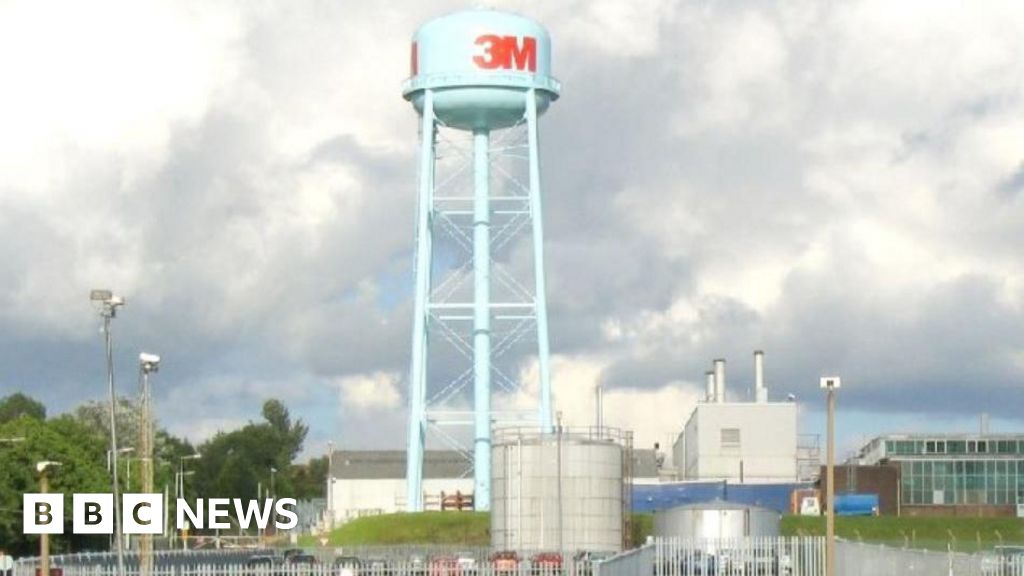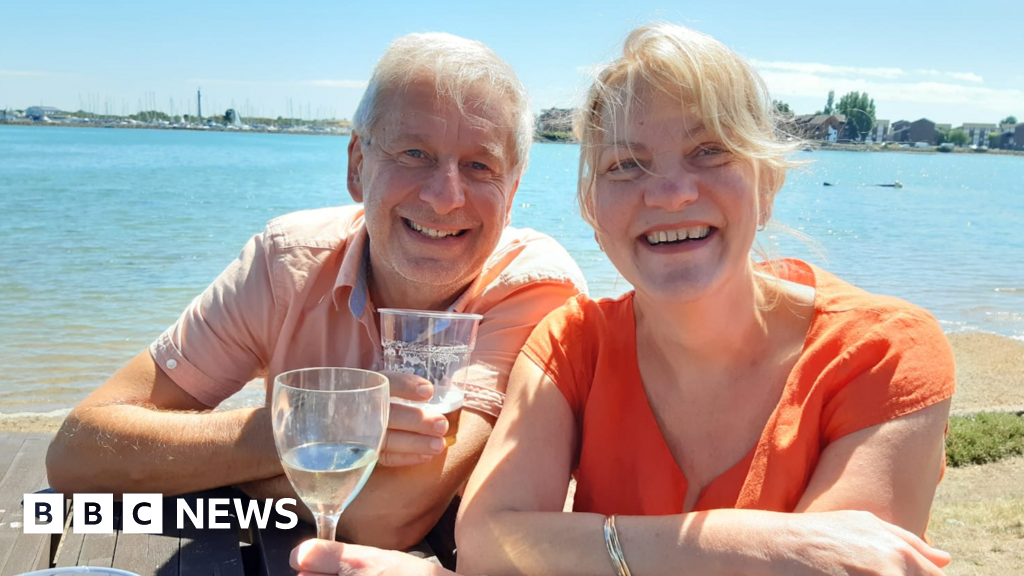The Guardian view on England’s metro mayors: local elections that produce national figures | Editorial
- Politics
- April 30, 2024
- No Comment
- 146
This Thursday, around 20 million voters in 10 regions in England go to the polls to elect metro mayors, which largely did not exist before 2017. Today these local politicians are national figures. With Labour riding high in the polls, the party could even see a remarkable clean sweep in the 10 contests, potentially winning the first-ever elected mayoralty of York and North Yorkshire in Rishi Sunak’s back yard. Such is their importance that the loss of the Conservative Tees Valley mayor, Ben Houchen, and his West Midlands counterpart, Andy Street, could hasten the end of Mr Sunak’s premiership.
Devolution is working. There have been signature policies such as Steve Rotheram’s high-speed broadband plan for Liverpool. Andy Burnham in Manchester has rolled out bus franchising to address the damage done by decades of deregulation. Mr Rotheram, Mr Burnham and West Yorkshire’s Tracy Brabin collectively are a powerful northern voice to counterbalance the south. Research from the More in Common thinktank suggests mayoral races are not a proxy for national politics. The race between the independent candidate Jamie Driscoll and Labour’s Kim McGuinness to be north-east mayor is too close to call. Mr Driscoll, who resigned from Labour after being blocked from standing as its candidate, clearly benefits from his outsider status.
Labour’s Sadiq Khan will make history if he is re-elected for a third term as London’s mayor. There’s one particular reason to hope for his unprecedented victory. It would stop his Tory opponent, Susan Hall, from winning. Ms Hall has traded in disinformation, liked racist social media posts and been forced to delete fake video footage. Her deplorable campaign renders her unfit to lead a great city like London. The contest, however, is likely to be narrower than the polls suggest. Mr Khan has been in office for eight years. The Tories have also disgracefully undermined democratic competition with a skewed playing field. They will benefit from replacing the supplementary vote electoral system, which can consolidate a progressive vote, with first past the post. Ms Hall will also probably gain from the introduction of voter ID requirements that seem to exclude many of Labour’s core voters.
Ms Hall has pursued two main lines of attack: crime and the extension of London’s ultra-low emission zone (Ulez). The former is exacerbated in tough economic times. The latter is a brave policy to implement when drivers are feeling the pinch. In extending the scheme to outer London, Mr Khan hit Conservative supporters the hardest. While Ulez has been seen as Mr Khan’s Achilles heel, its potential electoral effect may be outweighed by his popular free school meals policy – which is backed by 70% of Londoners. The veteran London watcher Dave Hill pointed out that the politics played well for Mr Khan, as Ulez was now the main concern of only 6% of voters compared to the 41% who picked the cost of living.
Sir Keir Starmer has clashed with both Mr Khan and Mr Burnham. Metro mayors should be the start of a bigger conversation about power and democracy, not the end. They have won the right to work with central government to redesign local services, but need more say over how they are funded. There’s too often a tendency for Westminster to crush alternative power centres, because doing so leaves a larger gap for national politics to fill. For the sake of a better governed country, that urge must be resisted.
#Guardian #view #Englands #metro #mayors #local #elections #produce #national #figures #Editorial









